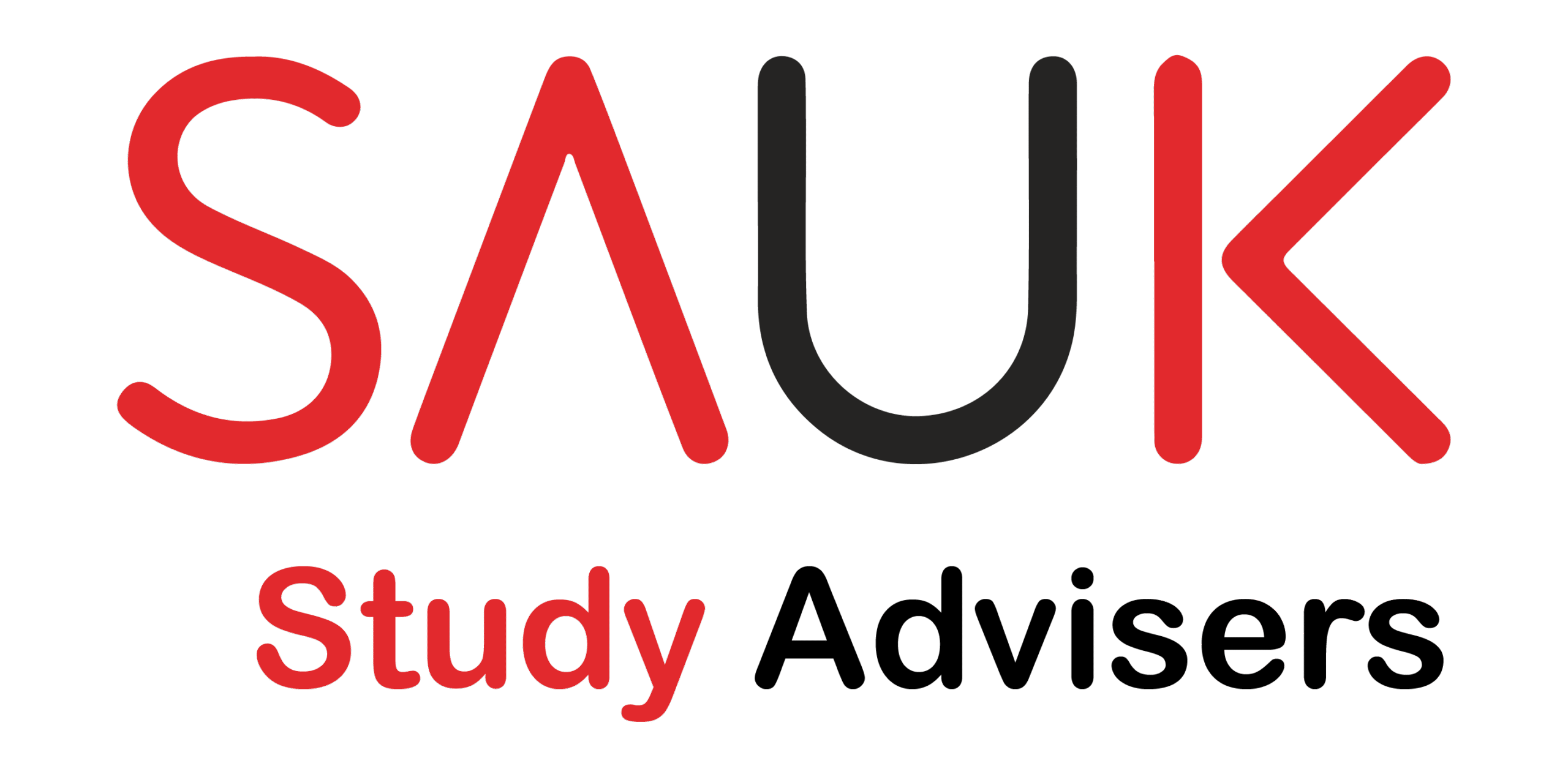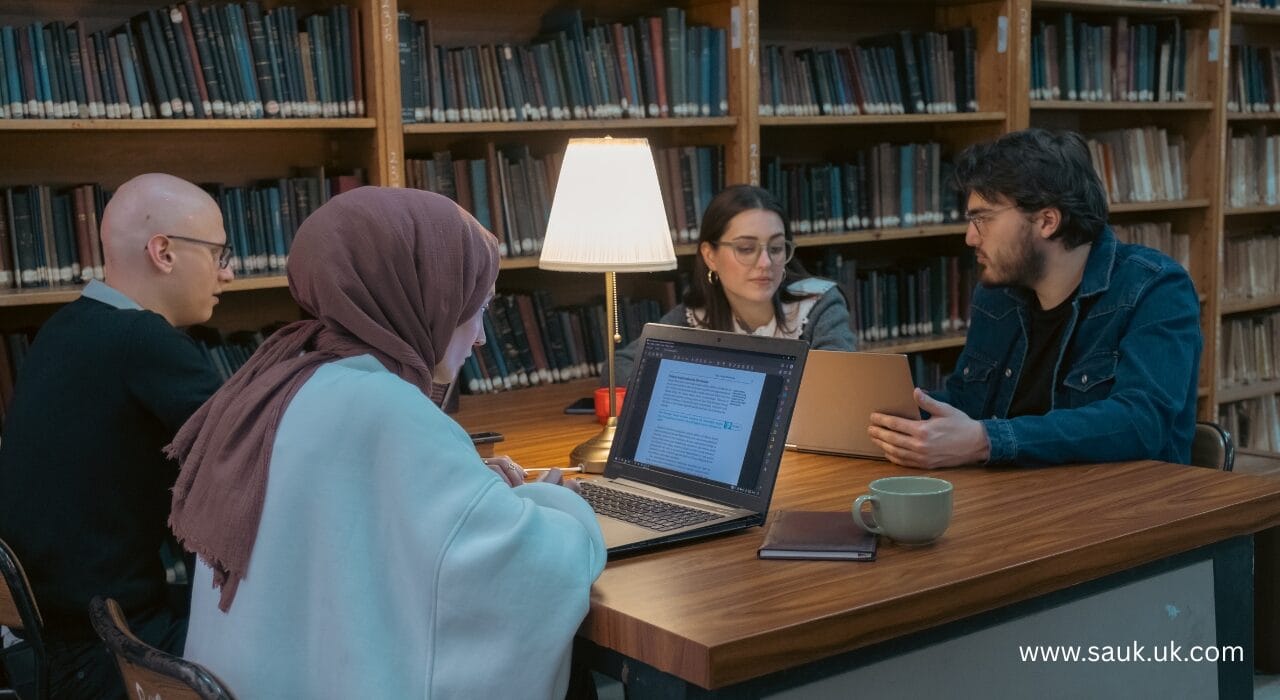Discover how to put study abroad on your resume the right way! See real examples that impress employers and highlight your global experience.
In the modern global employment arena, employers no longer favor academic qualifications alone; they seek individuals who can adapt and communicate effectively across borders, as well as those who can devise solutions to problems in unfamiliar environments. The skills are precisely what one learns when they study abroad. The issue, though, is conveying this experience effectively in a resume. It has not been mentioned or neglected by many graduates, nor has it been emphasized due to its professional influence.
This blog provides a thorough tutorial on how to effectively add ‘study abroad’ to a resume to ensure that employers are receptive. You will discover how to make international experience your career edge by securing more suitable positions and by professionalizing it, that is, addressing it professionally.
Why Study Abroad Belongs on Your Resume
Studying abroad is more than just an experience in terms of culture. It demonstrates that you can:
- Adapt quickly in new environments.
- Communicate across cultural and linguistic differences.
- Apply academic knowledge in diverse contexts.
- Build independence, confidence, and problem-solving abilities.
Employers view this as an act of strength and international savvy, 10 qualities necessary in the modern global economy. It would be a lost experience to skip on this.
Don’t Forget to Update Your LinkedIn!
The picture is not the entire thing that you include on your resume. Recruiters typically visit LinkedIn, and you should also have experience using LinkedIn. It may be viewed in the section of your Education or Experience.
These keywords should be paid special attention to on LinkedIn: host institution, the nature of coursework, and work and/or projects.
For example:
- Semester Abroad, National University of Singapore, Coursework in International Finance and Emerging Markets.
To be career pertinent, post a brief account of your experience. Think of your experience with studying abroad, how it has made you flexible, exposed or opened your mind to being better in another way about other perspectives on life or career-wise, or even determined your course of career. This creates an interest and an amalgamation of the online presence.
Think About Your Experience
Consider what you actually have on your resume before the inclusion of study abroad. Other candidates mention that they have studied in Spain or participated in an exchange program in Japan, but this has added no value. Instead, consider:
- What were your special courses or research, or field work?
- Have you obtained professional or volunteer experience in a foreign country?
- What were your technical skills, linguistic skills, or interpersonal skills?
- What were some of the challenges like? How did you deal with the task of being introduced to new systems or solving problems that are real life?
This reflection enables you to place an emphasis, especially on content, rather than on superficial aspects. Employers do not care so much about where you traveled, but rather what you achieve and how it has prepared you to be a valuable member of the workforce.
Where to Place Study Abroad on a Resume
Your study abroad experience deserves more than a passing mention—it should be placed where it adds the most impact to your career story. Here’s how to decide:
- Education Section
If your program was academically rigorous, list it under education. This shows employers that your overseas study supported your degree and expanded your knowledge.
Example: “Semester Abroad – International Economics Coursework, University of Sydney.”
- Experience Section
When your time abroad includes internships, volunteering, or hands-on projects, be sure to highlight them in your experience section. This proves you gained more than classroom knowledge—you built professional skills.
Example: “Market Research Assistant, Conducted surveys on consumer behavior in Asian markets.”
- Skills Section
If the primary outcome was learning a language or gaining transferable skills, showcase it in the skills section. This highlights abilities that employers can utilize immediately.
Example: “Languages: Fluent in French; Cross-cultural project collaboration.”
How to Impress Employers With Your Study Abroad Experience
Employers do not want a travel log—they want evidence of value. How you make your experience sound counts. Here’s how to frame it:
- Focus on Achievements
Replace vague descriptions with measurable outcomes. Instead of “Studied in Germany,” write “Collaborated with peers at Technical University of Munich on renewable energy research contributing to EU sustainability initiatives.”
- Use Action Verbs
Powerful resumes start with verbs such as analyzed, collaborated, presented, led, and developed. These are participatory and contributive, not reactive.
- Align With Job Applications
Tailor your study abroad description to the role you’re applying for. If the job requires teamwork, emphasize collaboration. If it values research, highlight academic projects.
- Show Transferable Skills
Cross-cultural skills, communication, adaptability, leadership, and resilience are skills that can be applied in all professions. Emphasize them in terms that are relevant to the employers.
- Maintain Professional Tone
Please do not post about their personal information, such as how they traveled
weekends or new cultures they tried. Keep it career, professional, and skill-building specific.
Don’t Overlook Language and Job Skills
Language learning is one of the most valuable aspects of study abroad. Proficiency in another language is more than a communication tool—it signals persistence, adaptability, and cultural intelligence. Pairing language ability with job-specific skills like research, analysis, or technical expertise significantly boosts your profile.
For example, mentioning “Conducted legal research in French for European Union case studies” demonstrates both linguistic skill and professional contribution.
FAQs
Q1. Do I need to include study abroad on my resume?
Include it if it adds value to your career goals. If it gave you useful skills or knowledge, it deserves a place.
Q2. Where should I put study abroad on my resume?
Add it under Education if it was part of your degree, Experience if you worked or interned, or Skills if you built strong language or technical skills.
Q3. How can I describe it well?
Focus on what you achieved, not just where you went. Show the skills, projects, or knowledge you gained.
Q4. Should I also add it to LinkedIn?
Yes. It gives recruiters a clear view of your global experience and helps you stand out.
Q5. What if it’s not related to the job?
Even then, it shows independence, adaptability, and cultural awareness—all traits employers value.
Final Thought
Having ‘study abroad’ on your resume is a tactic, not a flower. Well-presented, it conveys to employers that you are flexible, globally conscious, and capable of performing in a variety of situations. The organizations appreciate resilience, cross-cultural expertise, and flexibility acquired in a foreign country and need such traits to be highlighted by listing only tangible results on your resume, but not the location.
It enables you to visualize your experience in the world as well, which may appear first on sites such as LinkedIn, where companies frequently browse. It is also beneficial to take the time to reflect on your experiences so that you can contextualize the most significant ones, which may include academic progress, practical assignments, or knowledge acquisition. Proper placement (found in education, experience, or competence) will guarantee that it is appropriately weighted.
Ultimately, studying abroad is far more than a memory; it is an asset in the form of a professional. Precisely stated, it emphasizes how you can offer international experience, problem-solving capabilities, and flexibility to the company. And in the modern competitive workplace, these are precisely the characteristics that make you stand out.
Stay tuned our blog and keep up to day regarding your future study1


